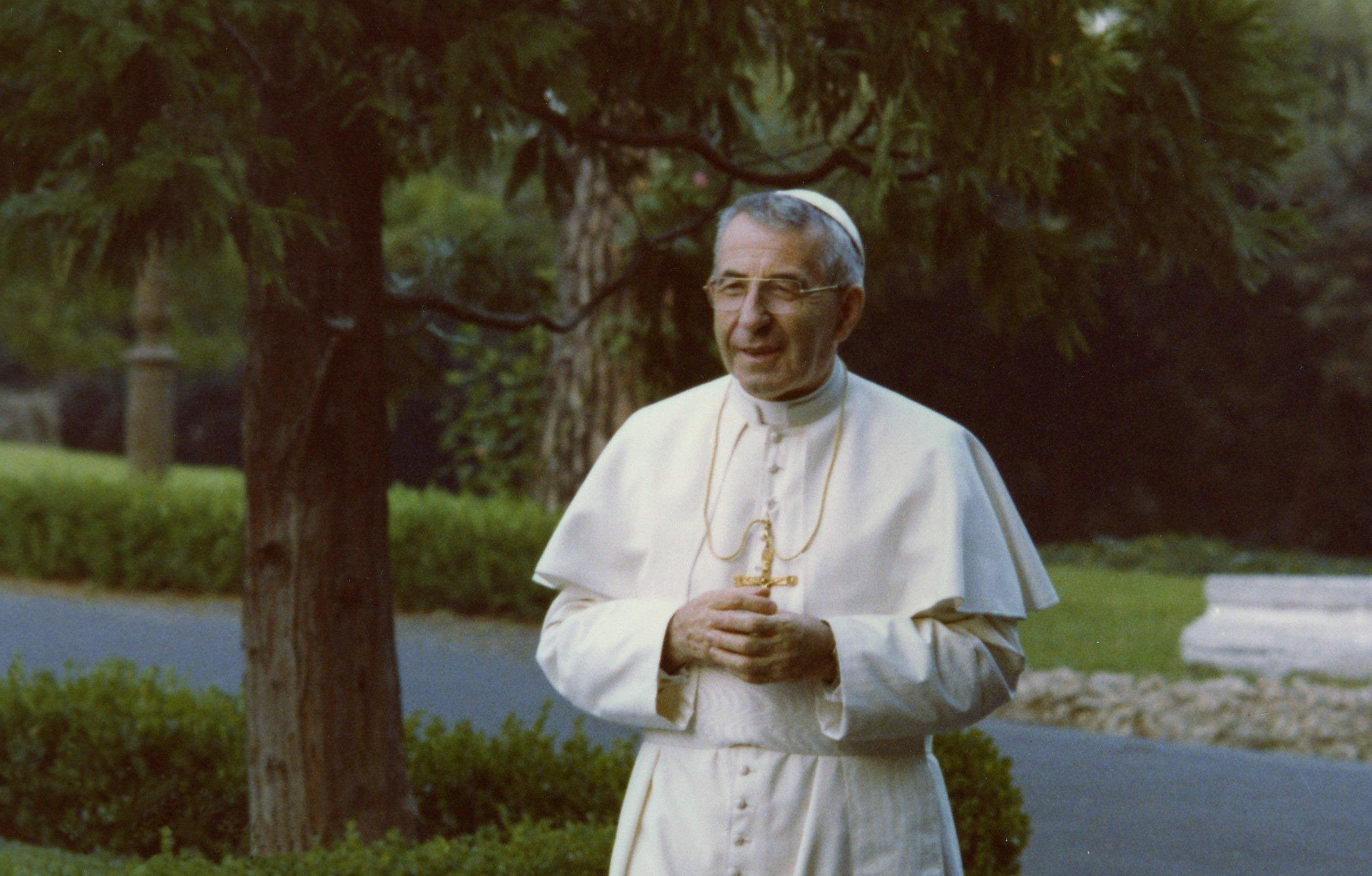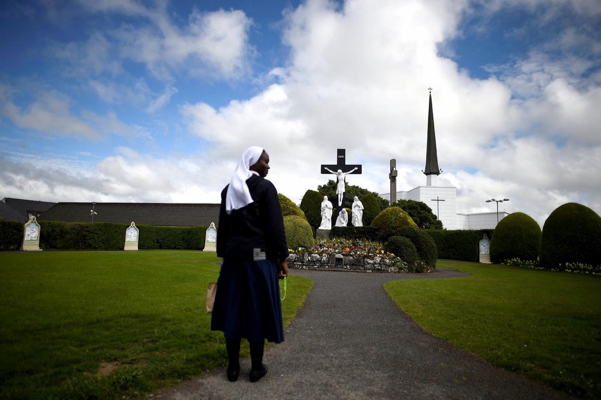An Irish survivor of clerical abuse has criticised the “plodding pace” of the Catholic Church’s safeguarding reforms as “painful and tormenting” for victims.
“The church is too slow,” Mark Vincent Healy said as he criticised the “glacial advances” of the Pontifical Commission for the Protection of Minors, the Vatican’s safeguarding commission.
He was responding to Pope Francis’s acknowledgment in a Reuters interview that measures aimed at tackling clerical sexual abuse have hit resistance within the Church, notably in some of the world’s developing countries.
“There is resistance, but with each new step there is growing awareness that this is the way to go,” the Pope said.
In 2019, Vos Estis Lux Mundi, which is intended to hold bishops and religious superiors accountable for abuse was introduced.
Survivors have criticised it as little better than self-policing packaged as accountability.
Mark Vincent Healy told The Tablet that the Vatican’s Pontifical Commission for the Protection of Minors “doesn’t ever go far enough and never has”.
He described the Church’s response to allegations of abuse as “always one of denial, disruption, resistance, damage limitation and ever dwindling settlement offers”.
Eight years ago, in July 2014, Mr Healy met Pope Francis and spoke to him about his abuse by two priests from the age of nine at a school run by the Spiritan order. The Spiritans run top private schools in Dublin such as Blackrock College, St Mary’s College, St Michael’s College as well as Rockwell College in Co Tipperary.
“The 7th July 2022 was the eighth anniversary of my meeting with Pope Francis but still I am seeking justice against the Irish State which failed to protect me whilst in primary and post-primary school from the age of nine,” he said.
He said he had been petitioning the Minister for Education, along with the government, to “set to right the injustice and discrimination shown day school survivors” of sexual abuse. He would like the end of life supports granted to other survivors to be offered to day school survivors.
He said: “It is the Church which has a moral duty of offering such services in conjunction with governments.”
Healy wrote to Pope Francis recently recalling their 2014 meeting along with other survivors: “None of us can forget meeting with you no more than how our lives were so profoundly changed by the horrendous violation experiences which began at such a young age, for me from the age of nine.”



 Loading ...
Loading ...